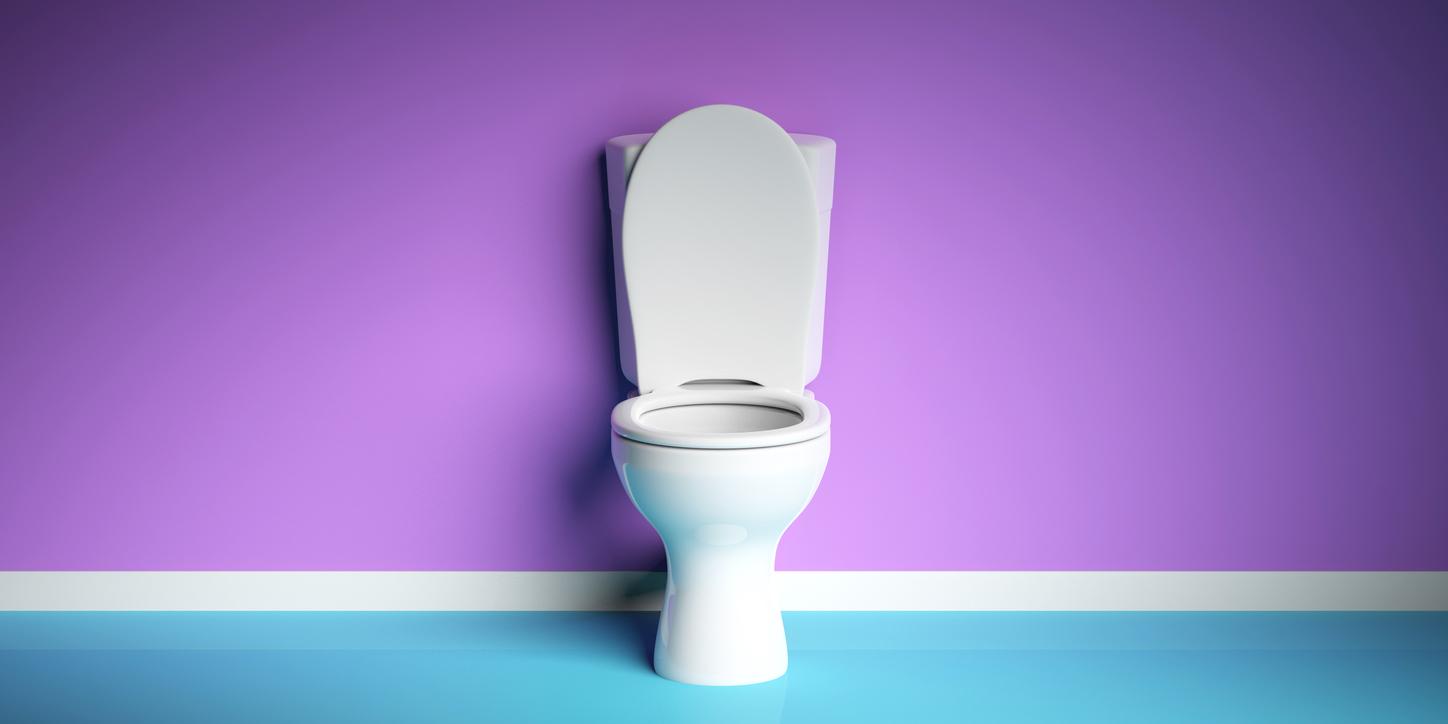
Pelvic floor physiotherapy can help
More than half a million people in the Netherlands suffer from involuntary urine loss. Many of these people do not dare to go to the doctor with this. And that while in most cases there is something that can be done about it. So don’t go through it unnecessarily.
When you lose urine, you cannot hold your urine properly. The most common types of urine loss are: urine loss with exertion and urine loss with urgency. If you suffer from unwanted urine loss, you cannot hold your urine properly. Some people lose some urine without feeling any urgency. For example, when they laugh, lift or sneeze. This is called stress incontinence. In the case of urge incontinence, you suddenly feel a strong urge to hold your urine.
What can you do about it?
There is no harm in urine leakage, but it is of course very annoying. The first step to a solution is a visit to the doctor. Keep a pee diary if possible. How often do you go per day? What do you usually drink? And when does the involuntary loss of urine occur? And
how often? You can find several examples of pee diaries online. This information makes it easier for your doctor to make a diagnosis.
Pelvic floor therapy
Most people who suffer from involuntary leakage of urine are referred to a pelvic floor physiotherapist. By doing exercises you can strengthen and better control the pelvic floor muscles and the sphincter of the bladder. After about six weeks, there should be an improvement.
Pessary
When exercises do not help enough and the ligaments and muscles are so weak that the uterus or the inside of the vagina sags, a pessary can be a solution. This is a type of ring that supports the sphincter of the bladder and holds the uterus in place. This makes it easier to hold the pee. This ring can remain in place for about three to six months. Your doctor must then clean the ring pessary. Your doctor can also teach you to do this yourself.
Operation
Do pelvic floor muscle exercises or wearing a pessary not help? Do you regularly lose urine and do you suffer from it a lot? Then you can consider having a strap attached that keeps the urethra up. Unfortunately, this operation is not successful for everyone. The chance of success is between 85 and 90 percent. Even if the operation is successful, it is not certain that the success will be permanent. A small proportion of people who have had surgery and who have recovered well initially will suffer from incontinence again in the future.
Tools
Some of the people who suffer from urine leakage are lucky enough to get rid of it. Unfortunately, there is also a part that continues to suffer. Fortunately, there are many good shelter materials for sale these days. Do not use sanitary towels. These bandages are not suitable for collecting urine and even give a slightly increased risk of bladder infection.
There is a wide range of products especially for (light and heavy) urine loss. Try different ones until you find the one most comfortable for you. Products for light urine loss can be bought at the supermarket or drug store, but if you have a prescription from your doctor, the costs will be reimbursed by the health insurer and you can go to the pharmacy.















